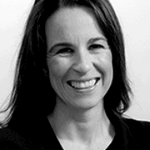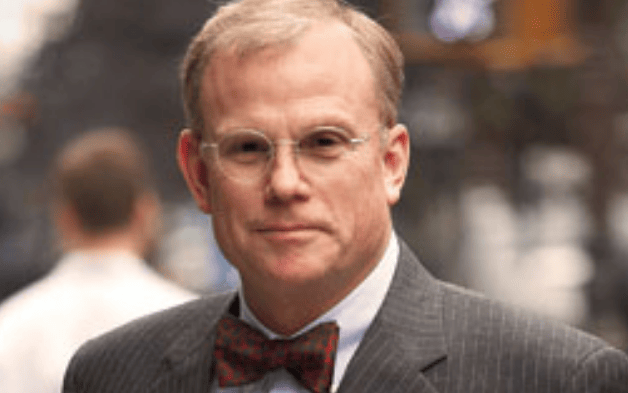The pandemic has shed the spotlight on supply chain issues across all industries, so what does that look like in financial services? This session will highlight the need for resilience and robust continuity planning.
Geoff Hodge has more than 20 years of experience in investment and banking industries, with a specific focus on innovation and business enablement in operations and technology encompassing the Asia-Pacific region, Europe and North America. He was previously a board member and director of Rothschild Australia Asset Management and has held senior roles in treasury and capital markets, funds management, custody, payments, and investment banking operations.
Arjen Pasma is a board member of PGGM Investment Management and PGGM Treasury and a member of the investment committee. He has more than 20 years of investment experience. From 2008-12, he was the investment management and pensions practice leader of Deloitte in the Netherlands and director in the financial risk management team. He has worked with investment managers, private banks and pension funds in assignments on risk management, investment consulting, risk governance, quantitative analyses and model validation. From 1997-2008, he fulfilled several roles within ABN AMRO Asset Management as senior portfolio manager and head of quantitative equity management, risk manager and part of the management team equity management. Pasma studied econometrics at the Rijksuniversiteit Groningen, specialising in investment management and behavioural finance. He is a CFA charterholder.
April Wilcox is the director of investment operations for California State Teachers’ Retirement System (CalSTRS), the largest educator-only pension fund in the world with an investment portfolio valued at $228 billion. Wilcox has over 15 years of professional front, middle, and back office experience in the investment industry. She joined CalSTRS in 2004 from California Housing Finance Agency. Prior to managing investment operations, she spent five years in fixed income, overseeing the fixed income opportunistic portfolio. Wilcox obtained a B.S. in Finance from California State University, Sacramento; awarded the Investment Foundations certificate by CFA Institute; and holds the Chartered Alternative Investment Analyst (CAIA) designation.
Amanda White is responsible for the content across all Conexus Financial’s institutional media and events. In addition to being the editor of Top1000funds.com, she is responsible for directing the global bi-annual Fiduciary Investors Symposium which challenges global investors on investment best practice and aims to place the responsibilities of investors in wider societal, and political contexts. She holds a Bachelor of Economics and a Masters of Art in Journalism and has been an investment journalist for more than 25 years. She is currently a fellow in the Finance Leaders Fellowship at the Aspen Institute. The two-year program seeks to develop the next generation of responsible, community-spirited leaders in the global finance industry.
Key takeaways
Geoff
- We were ‘lucky’ to have had a fire in the London office three years ago which helped us prepare for the COVID-19 pandemic and WFH scenario.
- Backup planning has flaws, as illustrated by disaster recovery sites not being able to be used due to social distancing requirements.
- Cyber attacks have gone up significantly. The use of personal laptops is a point of vulnerability in the ecosystem.
- Resilience is expanding as a topic, shifting from making processes robust to challenging outsourced functions to mitigate interruptions to supply chains and business operations.
- Cyber threat is racing ahead of where the industry is at, however there are some cyber security quick wins e.g. keeping patching up to date and legitimate laptop identification.
- COVID-19 has shifted the mindset from ROI and headcount reduction to refining operating models and implementing technology and people initiatives to achieve that goal.
Arjen
- Due diligence on new service providers has taken on increased significance.
- Working is a social thing and people miss the physical interaction. Offices of the future will be where people meet, not where people work.
April
- Leveraged relationship with existing service providers during the pandemic peak to brainstorm how to continue business operations.
- COVID-19 has forced a seismic shift in due diligence innovation.
- Technology is critical but from an operational perspective people are enormously important, hence the need to focus on cultural and wellbeing initiatives.
Poll results
Do you think your own organisation, and your service providers’ organisations are resilient enough to manage a significant cyber attack?







